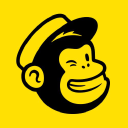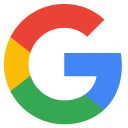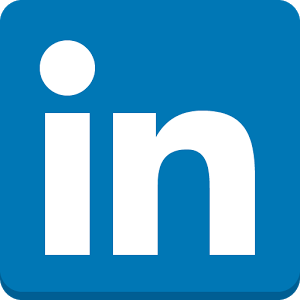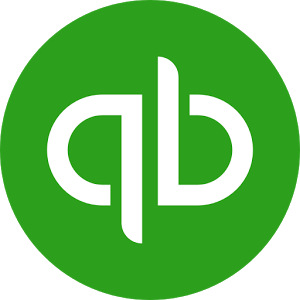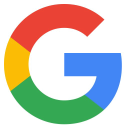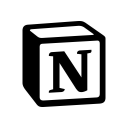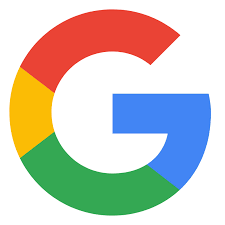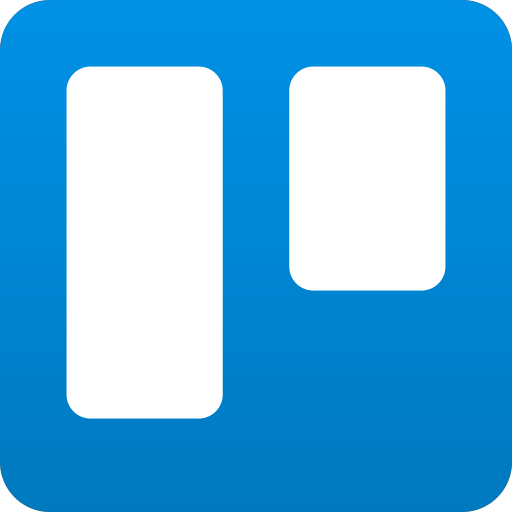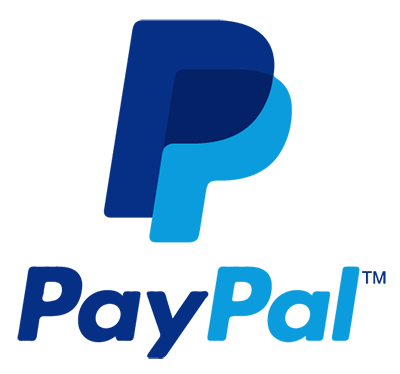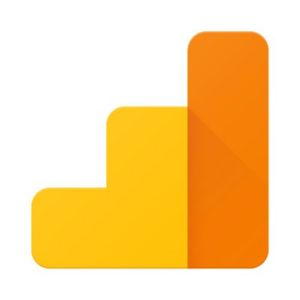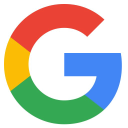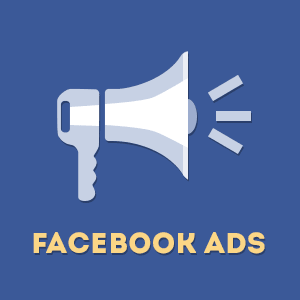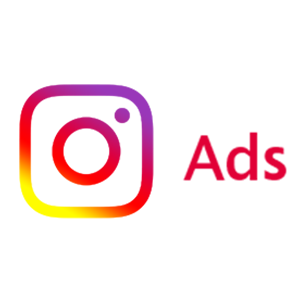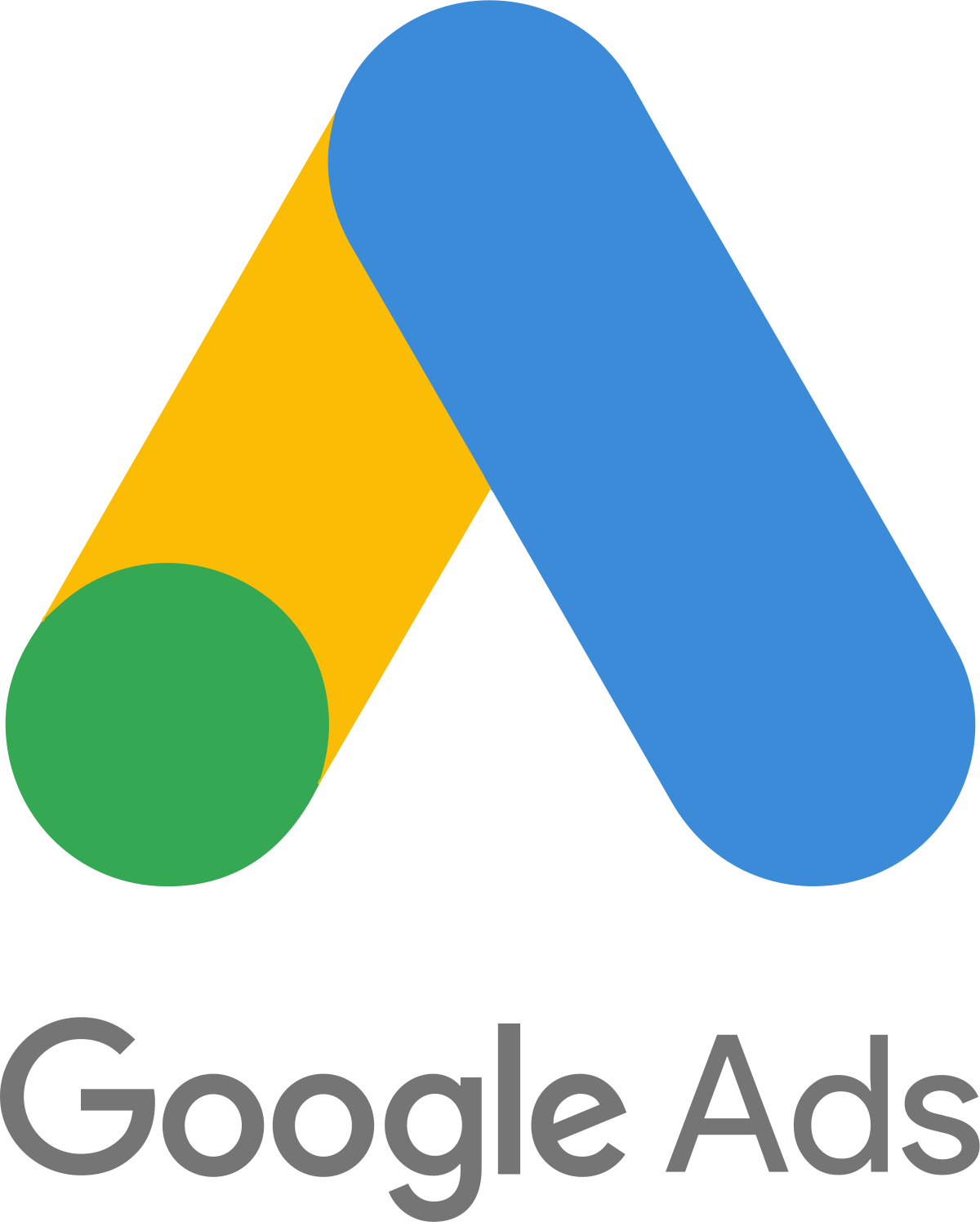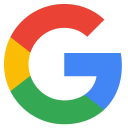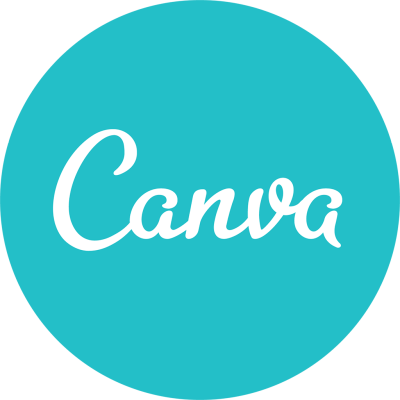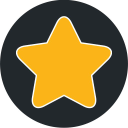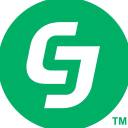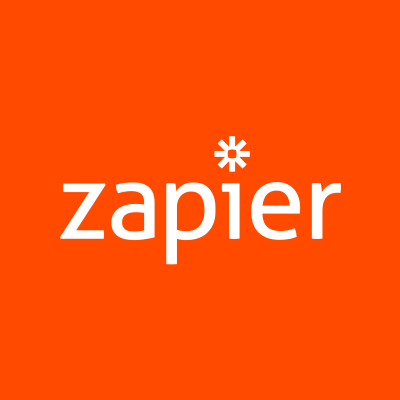I Quit My 9 To 5 & Built An Affiliate Site Making $40K/Month
Hello! Who are you and what business did you start?🔗
Hey there! I’m Matt Oney, a digital marketer living in California. I’ve worked in tech for around 7 years, getting my hands dirty in most marketing disciplines, but primarily falling in love with SEO.
Earlier this month, I quit my full-time job to pursue my side hustle full-time: an affiliate marketing-based content site.
On the surface, ZenmasterWellness is a website where I publish unbiased reviews and comparisons of popular products and brands in the mental health + wellness spaces.
Behind the scenes, I do extensive keyword research to discover what, exactly, people are searching the internet for. I then develop affiliate partnerships with hundreds of brands, so when a reader clicks through to a brand’s website and makes a purchase (or becomes a lead), I get a kickback. It’s a pretty standard affiliate marketing business model, quite frankly.
About 2 years in, Zenmaster generates around 80k monthly visits (almost purely through SEO).
And over the past 6 months, I’ve generated average monthly revenue of about $40,000. Due to the nature of my business, this is almost pure profit. Although lately, I’m looking more at the $15,000 range, due to Google algorithm updates and market conditions.
What's your backstory and how did you come up with the idea?🔗
After graduating from the University of San Diego, I moved back up to the Bay Area (born and raised) to work for a startup called Guidebook. The summer before, I’d been a sales intern there. But this time around, I convinced them to let me join the Marketing team, because, well… I’ve always loved marketing.
Anyway, the skills that I built up over the years have become the backbone of Zenmaster. The SEO part is obvious, but I’ve also found that my exposure to content marketing, marketing ops, and just tech tools, in general, have advantaged me as I build this thing up.
As curious as a guy I am, I can’t take full credit for coming up with this idea. Not at all, actually; I owe that to my close friend and business partner, Alex. It’s pretty fitting that as my first boss out of college and the man who introduced me to SEO in 2016, Alex would also be the one to expose me to affiliate marketing years later.
As friends first, we’d always kept in touch over the years. And from 2019, a lot of our conversations centered around how he and a friend were building up this affiliate site called FinVsFin.com. I remember he’d hit me up every month or two with increasingly crazy revenue updates. One month he’d be like, “dude, we just made $500 last month, passively!”. And the next thing I knew, they were at $20,000 in a month. WTF.
It was around March 2020 at this time, and the world was pretty much locked indoors. Facing the reality that I’d have to find some way to spend my free time other than video games, and having suffered a 20% company-wide cut to my salary, the stars were pretty much aligned. I hit up Alex and asked for help following in his footsteps.
It’s equally important to make sure you’re not holding yourself back from even starting the race.
Take us through the process of designing, prototyping, and manufacturing your first product.🔗
I’ve always hated writing. And before Zenmaster, I’d never built a website. And while I do consider myself a tech-savvy guy, fumbling around on WordPress was a painful learning experience at times. But with the right tools at hand, I put myself in a pretty good position.
For starters, we started brainstorming a domain name. I took a look at the websites I’d be up against in SERPs and saw mostly intuitive (but boring) names.
“I could do this route,” I thought to myself. “...Orrrrr I could do something wacky that I KNOW is available on Google Domains.”
And so for the bargain price of just $12, ZenmasterWellness.com was born.
From there, I invested in a few of the most promising tools: a site template from GeneratePress (~$40/yr), a Pro subscription to my page builder, Elementor Pro (~$50/yr), and a year of hosting through Siteground (~$40?).
Then I got to the building – slowly and a bit inefficiently.

"The original header to my site, in the earliest stages of building the site structure. It’s laughable. The background is a drone shot I took in Vietnam if that helps paint a picture of how “ready” I was to build a legit business entity."
Describe the process of launching the business.🔗
For someone with very little HTML experience, there were some learning curves to building a site in WordPress. But with Youtube tutorials and Generatepress’ awesome support team, it wasn’t that difficult to create a website that looked good enough to publish. (“Good enough” has become a bit of a motto for me these past couple of years.)
Once I had the bare bones of the site pieced together and I had my Google properties set up, I almost immediately got to writing. In my case, it looked like this:
- doing extensive keyword research to set up a content calendar
- prioritizing my content calendar
- chipping away at each piece of content: becoming a master not only of each brand but also of their industry
- putting my focus hat on and writing words on paper
At times, it was pretty difficult to not get overwhelmed by the countless things that an early-stage business owner has on his/her plate, but I learned to get better at compartmentalizing things and focusing on one or two tasks at a time.
Another thing I learned is just how important it is to try and focus on what’s important. For example, branding is key, right? Well even after hiring a logo designer on Fiverr, I wasn’t happy. It may not sound like a big deal, but not having a logo I was proud of acting as a mental blocker that I noticed was weighing me down. So eventually I decided to buy a font license to write the brand name out. Little wins like this have allowed me to stop overthinking and instead focus on what’ll move the needle.
Since launch, what has worked to attract and retain customers?🔗
I’ve done a great job at leveraging my bread-and-butter: SEO. I’m pretty damn good at what I do, and I’m learning more every day. (I would not want to be my competitors). By focusing on what I know I’m best at, I’ve been able to eliminate a lot of distractions and just keep driving forward. But as someone who’s admittedly quite narrow-minded and focused on SEO, I’m also holding myself back in (more than) a couple of ways:
- I haven’t effectively leveraged email marketing. Even though it’s a skill I used every day throughout my time working in tech, I haven’t even implemented Mailchimp across my site, let alone put together a proper email nurture sequence. So as much as I hate to admit it, the success of my business is still completely dependent upon Google’s algorithm. I’m good at driving first-time readers to my site through Google, but the chances of any of these readers even considering returning to my site down the line is near zero.
- I completely ignore social media marketing Why? I don’t know. I assume it’s not a needle mover. And without more hands on deck, it’s extremely difficult to justify spending any time at all on social; even if that might be at the expense of properly building up a brand (which is what I want to do, in the long term).
It’s hard to attribute the success of my content to any one (or two) things in particular, without going deep into surveying my readers. But I do know from the metrics (like average read time, pages per session, etc.) that my audience likes my content. Heck – I can’t even count the number of people who’ve navigated to my About page and found my email address or IG handle, just to reach out to me to say thanks.
A couple of pieces of advice that I can give to people who may find themselves in a similar situation as me:
- Write in a style/tone that’s comfortable to you. I don’t know about you, but I always hated writing essays and papers in school. But I can talk all day. So I’ve found that by writing in a conversational, fun way where I’m not holding myself back from making jokes or cussing a little bit, the entire process of putting an article together is WAY more enjoyable.
- If you’re writing an article about a given topic, make sure it’s the best damn article on the internet for that topic. As an SEO, my job is to address searchers’ intent and answer questions better than anyone else. If I spend time doing better research, testing, and writing a more enjoyable article than my competitors, I’m giving myself a big leg up.
How are you doing today and what does the future look like?🔗
All things considered, the business is doing quite well. Just over two years into the endeavor, the site sees around 50k monthly visits – roughly 90% generated through organic search. This currently translates to around $15k/mo in revenue at about an 85% profit margin.
At its height, the site had about 80k monthly visits and $40k monthly revenue. But due to volatility and changing conditions in the telemedicine market, this has dipped drastically. Fortunately, a continued emphasis on diversification of revenue has it holding fairly steady anyway.
So why would I quit my full-time job of 7 years if it meant cutting my overall personal income in half? A few reasons:
- Putting my mental health first. I’m proud of how effectively I was able to manage both a full-time role and build a business simultaneously for so long. Excelling at these plus having an actual life outside work is not easy. And though I did last over two years, things eventually took a heavy toll on me. I knew it was time to make a fundamental change to the way I operate my life.
- Achieving better mental clarity. As someone who’s been diagnosed with ADHD, I already struggle enough with the ability to juggle multiple tasks/projects, prioritize effectively, and focus on what’s at hand. It’s tough to put into words just how challenging it became to play a pivotal role in two entirely separate businesses, each with its unique challenges, teams, and goals.
- Diving headfirst into a single mission. I’ve already proven to myself that I can build and grow a business. I’ve proven that I can add real value and generate a meaningful revenue stream. And at some point, I came to the revelation that by not diving headfirst into this project of mine and finding out what I’m truly capable of, I’m just fooling myself.
Through starting the business, have you learned anything particularly helpful or advantageous?🔗
As things currently stand, I still hold on to too many business responsibilities. And as aware as I’ve always been of this, it didn’t hit home until a close friend and successful business owner, Shane Vitaly, called me out on it. We were hanging out at our Airbnb in Sayulita together, catching up on life, when he started asking me about how business was going. A wildly successful entrepreneur himself, Shane started hammering home just how important it is to focus on what you’re good at and delegate anything else to others.
As we went deeper into the conversion, he told me, “Matt, it sounds like you’ve found your superpower. [The SEO and writing style components of the business] So you should be doing everything you can to focus on those things. Because every second that you’re spending on anything else, like the design or uploading articles into Wordpress, is a second that you’re not spending on what you’re special at.”
What platform/tools do you use for your business?🔗
I’m a pretty cheap guy, so I tend to try and minimize the number of tools I use regularly I’ve also found this helps with information overload since I can focus on using just a few tools. That being said, I have built up quite a toolset over the years:
Free/low-cost:
- Google Analytics / Google Search Console / Google Drive.
- Figma – an amazing, free design tool. While it’s far more powerful than I realistically need, I do find it to be way better than even Canva Pro (for my uses)
- Wordpress – duh.
- GoFullPage Chrome extension – for taking full-page screenshots. Freemium
- Unsplash – beautiful stock photos. Free.
- Elicit – a GPT-3-powered research assistant that allows me to search through scientific studies even easier than with Google Research. Free.
- Cron is – the best calendar I’ve ever used. Free.
- Notion – an amazing, all-in-one notes app that can just as easily grow into a Trello-killer if you let it. Free.
Mid-tier / Mid-priority
- Superhuman – is way better than Gmail. Yeah, it’s $30/mo, but Superman truly has made email far more delightful for me.
- Cloudapp – seamless screen recording for Mac. I’m on a ~$15/mo plan.
- Affluent – enables me to track affiliate performance across all my different affiliate networks.
- Bill.com – invoicing
High priority
- GeneratePress Pro – a lightweight, SEO-friendly Wordpress site template. The amazing Support team, too.
- GenerateBlocks Pro – a lightweight page builder, from the creators of GeneratePress.
- Elementor Pro – the page builder that I currently use across most of my website, but one that I’d like to transition off into GenerateBlocks someday
What have been the most influential books, podcasts, or other resources?🔗
I like reading, so you’ll rarely find me reading a book.
That said, there are two email newsletters that I love and learn from:
- tl;dr marketing – daily roundups of updates and interesting content around SEO/SEM.
- Rank Theory – an SEO newsletter that Sean Markey seems to send out whenever he feels like it. Equally as insightful as it is hilarious. He doesn’t know me, but I’m his biggest fan.
As someone who writes for a living, I’ve found it impossible to listen to podcasts while I work. Maybe that’ll change if trance DJs start adding marketing insights into their tracks. But until that day comes, I’ll stick to learning via newsletters.
Advice for other entrepreneurs who want to get started or are just starting out?🔗
If you’re waiting for an awesome idea to pop into your head, or an exciting business opportunity to fall in your lap, stop. The number one piece of advice I have is to just f*cking start.
Even if you fail 3, or 5, or 10 businesses before you and something that’s a winner, that’s an insane amount of experience and learnings that you’ll gain. And this type of knowledge is something that you’ll hold onto forever, which leads to compounding returns for every single business you build in the future.
And if you’re guilty of being a perfectionist like me, who tries his best to plan everything out ahead of time, you’ve gotta try and get rid of that mindset. While I’m all for getting my ducks in a row before I start important projects, it’s equally important to make sure you’re not holding yourself back from even starting the race.
Are you looking to hire for certain positions right now?🔗
As I think more and more about scaling my business, I’ve started becoming very eager to find a freelance content editor. The difficulty is finding someone who’s able to think critically and treat every article as its piece of art, but then also spin it into an entertaining, laid-back finished product.
If anyone reading this thinks they’re up for the challenge (or would even just like to improve in this area), I’d love to hear from you.
I’m also looking for a designer who can work with me to design a new, responsive layout across my website. It’s been surprisingly difficult to find someone who has a strong understanding not only of design principles but also of best practices around site performance and information architecture.
Once that’s done, I’ll be looking for a web developer who can build it all up using GeneratePress and GenerateBlocks.
You can reach me at money@zenmasterwellness.com.
Where can we go to learn more?🔗
If you have any questions or comments, drop a comment below!

Download the report and join our email newsletter packed with business ideas and money-making opportunities, backed by real-life case studies.

Download the report and join our email newsletter packed with business ideas and money-making opportunities, backed by real-life case studies.

Download the report and join our email newsletter packed with business ideas and money-making opportunities, backed by real-life case studies.

Download the report and join our email newsletter packed with business ideas and money-making opportunities, backed by real-life case studies.

Download the report and join our email newsletter packed with business ideas and money-making opportunities, backed by real-life case studies.

Download the report and join our email newsletter packed with business ideas and money-making opportunities, backed by real-life case studies.

Download the report and join our email newsletter packed with business ideas and money-making opportunities, backed by real-life case studies.

Download the report and join our email newsletter packed with business ideas and money-making opportunities, backed by real-life case studies.




